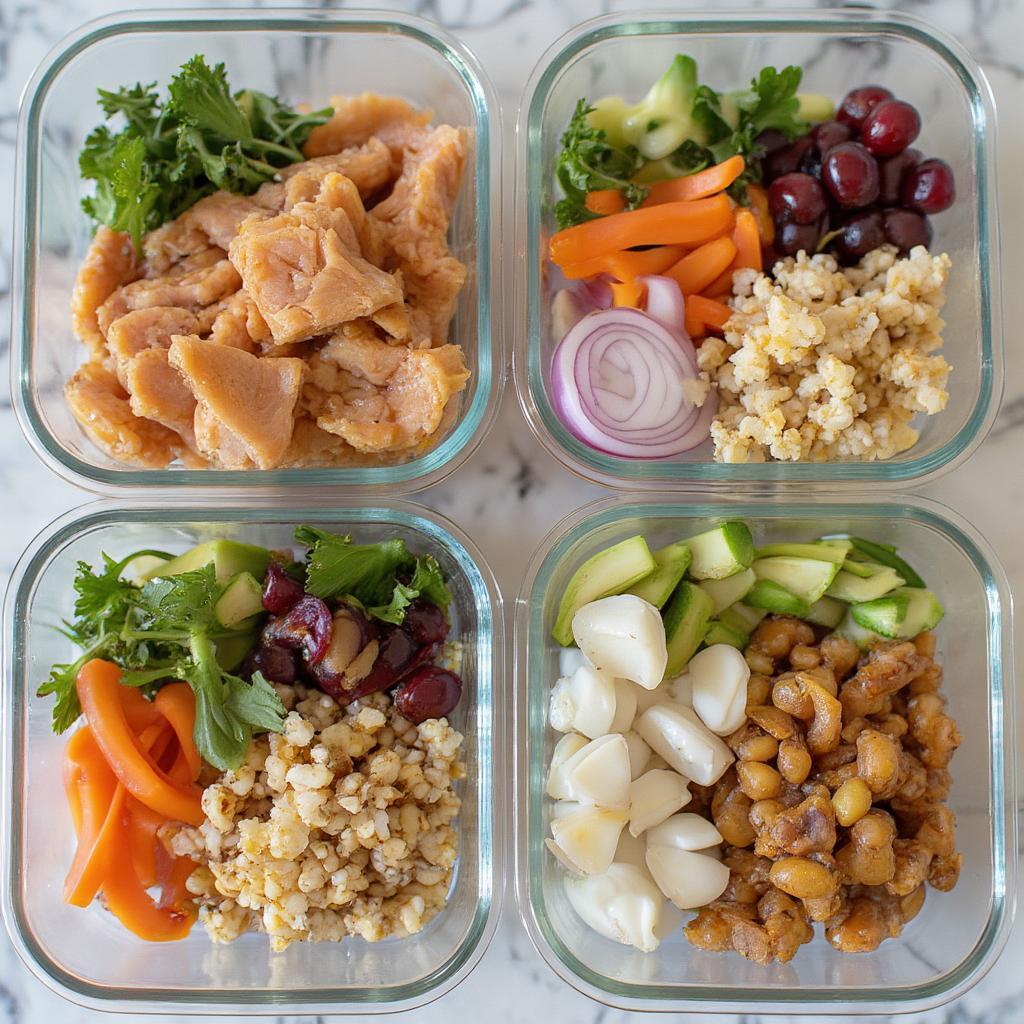How to Cut Weight Fast for a Fight: Safe and Effective Strategies

Cutting weight fast for a fight is a common practice in combat sports. However, rapid weight loss can be detrimental to your performance and health if not done correctly. This article provides a comprehensive guide on how to cut weight safely and effectively, ensuring you’re in peak physical condition come fight night. We’ll explore scientifically-backed strategies, practical tips, and address common misconceptions surrounding rapid weight loss for competition.
Understanding Weight Classes and Weight Cutting
Weight classes in combat sports ensure fair competition by matching opponents of similar size and strength. Fighters often compete in a weight class lower than their usual weight, requiring them to cut weight before weigh-ins. However, extreme weight cutting can lead to dehydration, muscle loss, and decreased performance. It’s crucial to approach weight cutting strategically and prioritize your health.
Safe and Effective Weight Cutting Methods
Gradual Calorie Restriction: A Sustainable Approach
The foundation of safe weight cutting is a gradual calorie deficit. This involves consuming fewer calories than you burn, forcing your body to utilize stored fat as energy. Aim for a moderate calorie deficit of 500-750 calories per day, achieved through a combination of dietary changes and increased physical activity. This approach allows for sustainable weight loss without compromising your energy levels or muscle mass. Similar to our Natural weight loss method, this focuses on long-term health and sustainability.
Manipulating Water Weight: Short-Term Strategies
Water manipulation techniques can help shed those last few pounds before weigh-ins. However, these methods should be implemented cautiously and under the guidance of a qualified professional. Strategies include reducing sodium intake, increasing water consumption initially, and then gradually reducing it in the days leading up to the weigh-in. This approach aims to temporarily reduce water retention without causing severe dehydration.
Optimizing Your Diet for Weight Cutting
Focus on nutrient-dense foods that provide sustained energy and support muscle recovery. Prioritize lean protein sources, complex carbohydrates, and healthy fats. Avoid processed foods, sugary drinks, and excessive sodium. Consider incorporating foods with high water content, such as fruits and vegetables, to help with hydration.

Training Strategies for Weight Cutting
Maintaining Muscle Mass While Cutting Weight
While calorie restriction is necessary, preserving muscle mass is crucial for optimal performance. Incorporate strength training exercises into your routine to stimulate muscle protein synthesis and prevent muscle breakdown. Focus on compound movements that engage multiple muscle groups.
The Role of Cardio in Weight Cutting
Cardiovascular exercise helps create a calorie deficit and improve your overall fitness. Choose activities you enjoy, such as running, swimming, or cycling. Vary the intensity and duration of your cardio sessions to optimize fat burning and prevent overtraining.
Common Mistakes to Avoid
Rapid Weight Loss Dangers
Extreme weight cutting methods, such as crash dieting and excessive dehydration, can have severe consequences. These include electrolyte imbalances, kidney damage, and even heart failure.
The Importance of Professional Guidance
Consulting with a registered dietitian or sports nutritionist is crucial for developing a personalized weight cutting plan that meets your individual needs and goals. They can help you determine a safe calorie deficit, optimize your nutrient intake, and monitor your progress. Don’t rely on generic advice or untested methods.
Rehydration and Recovery After Weigh-In
Replenishing fluids and electrolytes after the weigh-in is vital for performance and recovery. Consume electrolyte-rich beverages, such as sports drinks or coconut water. Gradually reintroduce carbohydrates to replenish glycogen stores and restore energy levels. Dr. Amelia Hernandez, a leading sports nutritionist, emphasizes, “Proper rehydration and refueling after weigh-ins are just as important as the weight cut itself. It’s crucial for optimal performance and prevents long-term health issues.”
Conclusion
Cutting weight for a fight requires a strategic and disciplined approach. Prioritize your health and long-term well-being over rapid, unsustainable weight loss methods. Implement a gradual calorie deficit, optimize your diet, and train smart. Consulting with a qualified professional is crucial for personalized guidance and safe weight management. By following these guidelines, you can achieve your desired weight while maintaining optimal performance and ensuring a healthy and successful fight career. Remember, sustainable weight management is key for long-term success in combat sports.
FAQ: How to Cut Weight Fast for a Fight
- What is the fastest way to cut weight for a fight? While rapid methods exist, they’re often unhealthy. Gradual calorie restriction and water manipulation are safer.
- How much weight can I safely lose in a week? A safe and sustainable rate of weight loss is 1-2 pounds per week.
- Is it safe to use diuretics for weight cutting? Diuretics can be dangerous and should only be used under strict medical supervision.
- How can I avoid losing muscle mass while cutting weight? Incorporate strength training and consume adequate protein.
- What should I eat and drink after weigh-ins? Focus on electrolyte-rich drinks and carbohydrate-rich foods to replenish glycogen stores.
- How long does it take to rehydrate after cutting weight? Rehydration can take several hours or even days, depending on the severity of the weight cut.
- Can I cut weight without feeling tired? A moderate calorie deficit and proper nutrition can help minimize fatigue.
- What are the signs of dehydration? Symptoms include dizziness, headache, muscle cramps, and decreased urine output. If you experience these, seek medical attention immediately. As renowned fitness coach, John Davis, states, “Ignoring signs of dehydration can lead to serious health complications and jeopardize your fight.”
- Should I cut weight for my first amateur fight? Consult with your coach and a qualified professional to determine if weight cutting is necessary and appropriate for your experience level.




